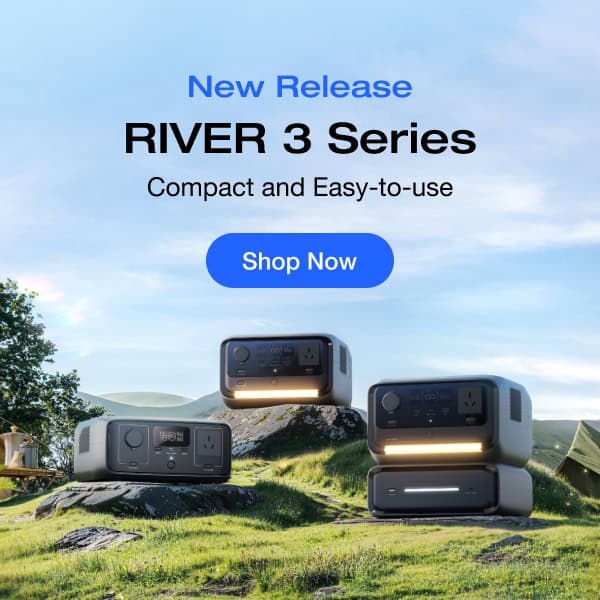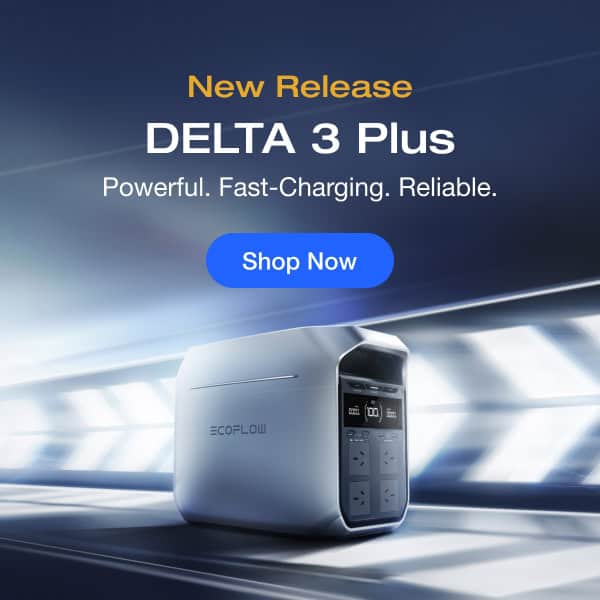Table of Contents
Power outages can be disruptive, leaving homes in the dark and appliances unusable, creating both safety issues and inconveniences for your household. Choosing the right size generator ensures your home remains safe, comfortable, and functional during a blackout.
This article will explain how to calculate what your power needs will be during a blackout and offer practical advice on selecting the perfect generator size.
How To Calculate Your Power Needs
Calculating your energy use is the first step to determining your backup power needs.
Make a List of What Appliances Need Power
To calculate your energy requirements during a power outage, first, decide what appliances must run continuously. For instance, you need your fridge, freezer, a toaster oven or microwave, and a laptop for work or entertainment. List those appliances and look at their labels, manuals, or online to see how much electricity each uses.
It’s important to factor in both running and starting wattage. Starting watts are the temporary surge of extra electricity that appliances with electric motors, like refrigerators, need to get started. The starting wattage is often 2-3 times more than its regular running watts and must be considered when determining your total energy needs.
Covert Everything to Watts
Your appliances may be listed in watts, volts, or amps, but you must convert everything into the same units. You can convert volts to watts using this equation:
Watts (W) = Amps (A) x Volts (V)
If something is listed in kVA (A x V (=W) divided by 1000), simply multiply kVA by 1000 to get the watts; similarly, if you have something in kW, multiply by 1000 to get watts.
Total the Power Requirements
To determine what size generator you need, add up the wattages of all the devices you will be running simultaneously. Make sure you use starting watts for your fridge or other appliances with electric motors to determine the peak energy output required. That total will be the minimum size generator you need.
Choose a Generator Slightly Larger Than You Need
Next, when choosing a generator for blackouts, pick one a bit larger than you need so that you won’t risk overloading it if you forget or want to add something. Another reason is that traditional generators can often only sustain 80% of their maximum rated load for an extended period. Therefore, choosing one 20% larger than required is a good idea.
The Importance of Choosing the Right Size Generator for Home Power Outages
Safety
A backup system’s main priority is keeping your family safe by keeping the lights on, running a heater in the winter, or running an air conditioner during a heat wave. They also keep your refrigerator and freezer running so food stays at food-safe temperatures.
Furthermore, some family members need electrical medical equipment, and finally, keeping phones charged helps you check the status of the outage or potential evacuation notices.
Avoiding Underloading
Sometimes, people overestimate the size they need and run their generators at much lighter loads than they were designed for. With traditional generators, this limits their efficiency and can damage appliances plugged into them. One reason is ‘glazing,’ which occurs when optimal running temperatures aren’t met, and unburnt fuel thickens and damages the generator.
The EcoFlow DELTA Series Portable Power Stations come in a wide range of capacities for home backup. However, since they use powerful batteries, not fossil fuel-powered motors, underloading isn’t a concern, and glazing cannot occur. They allow you to draw as little power as you need without causing any harm.
Avoiding Overloading
Overloading is another widespread mistake that can be equally damaging. It occurs when people buy a model that is too small and start drawing too much power from it. Traditional generators overheat the engine and the oil, resulting in low oil pressure and engine failure, significantly shortening its lifespan.
While LiFePO4 batteries like those used in the EcoFlow DELTA 3 Portable Power Station are much less prone to issues like overheating and have no moving parts to break down, overloading any system can reduce their lifespan. Unplug one or more of your appliances if yours is not large enough for your power needs.
If you need a lot of energy, start with the EcoFlow DELTA Pro 3 Portable Power Station. It comes with 4000W and can be expanded to 36,000W (36kW) with extra batteries, which is plenty for even the largest homes with lots of appliances.
Don’t Underestimate the Length of Outages
Storms or bushfires that damage electrical infrastructure can cause extended power outages. This is where EcoFlow DELTA Series Solar Generators perform exceptionally well.
For instance, the EcoFlow DELTA Pro + 400W Solar Panel has a 3600W capacity, expandable to 25,000W (25kW). It can also be recharged using solar energy anytime the sun shines, allowing you to stay powered up for days at a time.
Frequently Asked Questions
The size you need depends entirely on how many appliances you want to run simultaneously. A 3.6kW (3600W) generator would be fine for smaller homes, while a 10kW or larger may be needed for large homes with many appliances.
Yes, a 10KW generator will run most homes. However, it all depends on how many appliances that house has to run. Therefore, you should calculate your energy needs to be sure.
Final Thoughts
Choosing the right generator size for your home is crucial for safety and efficiency. Start by listing your essential appliances and adding up all their starting and running watts. Then, select a generator slightly larger than your total energy needs to prevent overloading.
For sustainable, long-term solutions, EcoFlow DELTA Series Solar Generators come in various sizes and offer expandable capacities for those with higher needs. They also offer fast solar recharging for extended outages to keep your home powered, no matter the circumstances.


